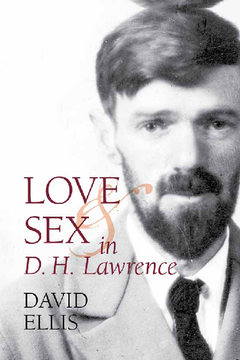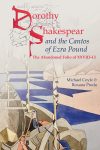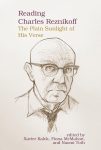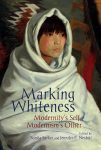Love and Sex in D. H. Lawrence
David Ellis
Although love and sex are central to Lawrence, critics have paid surprisingly little attention to the way these two topics are treated in his work. Reasons for this are suggested in the preface to this book which is written in the spirit of Wittgenstein’s claim that, when we are puzzled or challenged by a phenomenon, we should be less concerned with seeking new knowledge than putting into order what we already know. Yet those concerned by the present dip in Lawrence’s reputation (among academics, if not the general public) have to be worried by how strange and unexpected the results are when Lawrence’s dealings with love and sex are followed throughout his life and career. This is what this book undertakes to do, describing how the tortuous developments in his relationship with Jessie Chambers are reflected in his writing, his struggle against his undoubted leanings towards homosexuality, the war he declared on the concept of romantic love and how, after insisting on the idea of male dominance, he returned (although only in part) to a more humane vision of relations between the sexes in the various versions of Lady Chatterley’s Lover. It suggests that although Lawrence is undoubtedly a major writer, his greatest achievements are not to be found where he is popularly assumed to be at his most impressive and that the authority he assumes, in his last years, when he lectures the young on love and sex, ought to be regarded as dubious.
“Ellis has produced an excellent, humane and independently minded account, and he is candid enough not always to admire what he finds.”—Seamus Perry, The Times Literary Supplement
About the Author
David Ellis is Emeritus Professor of English at the University of Kent. His previous books include Death and the Author: How D. H. Lawrence Died, and Was Remembered and Literary Lives: Biography and the search for understanding

Details
Pages: 220 pages
Published: June 2016
Formats
Paperback
ISBN: 978-1942954712
Hardback
ISBN: 978-1942954026
Subjects
LiteratureModernism






